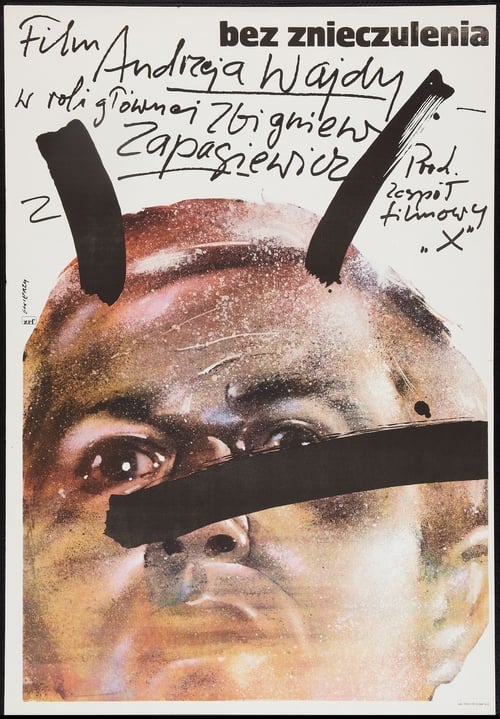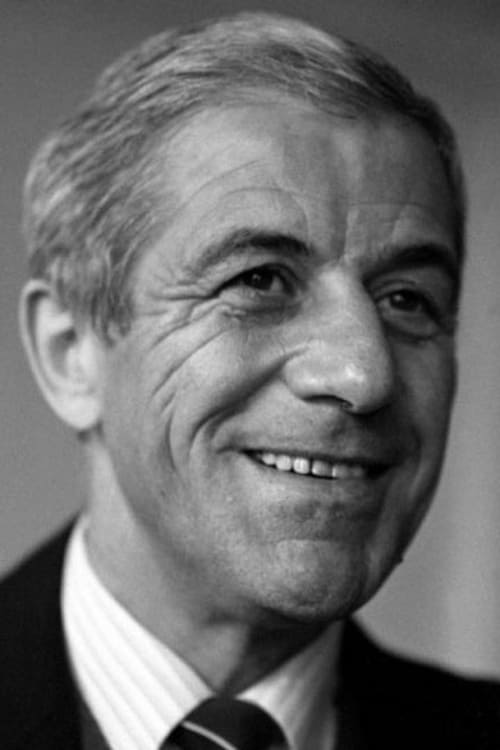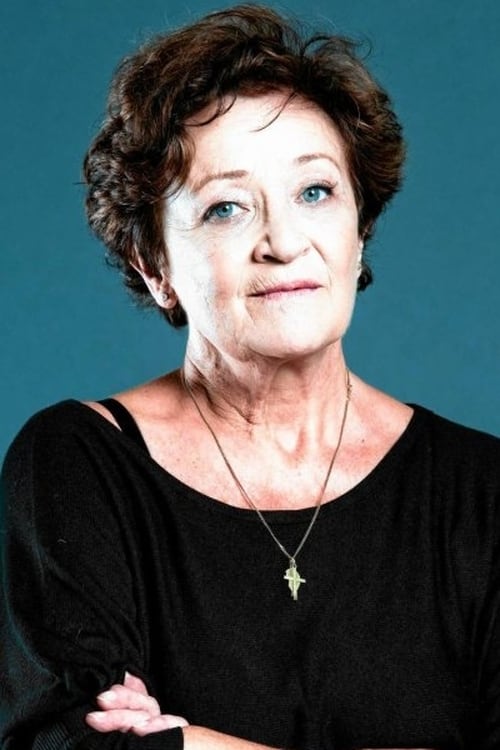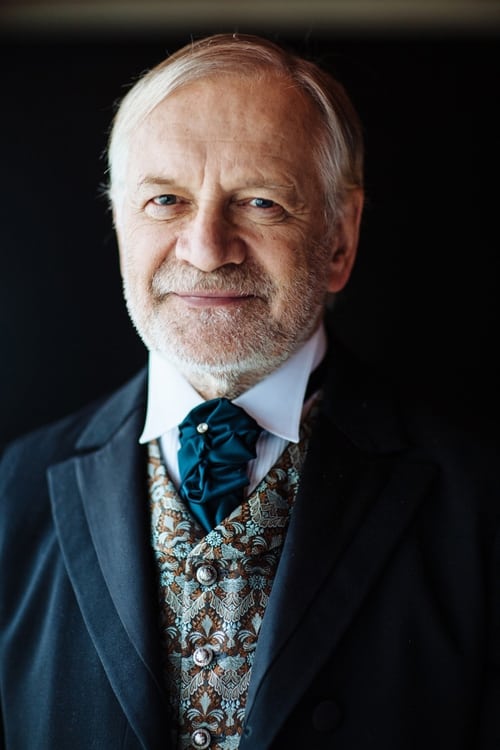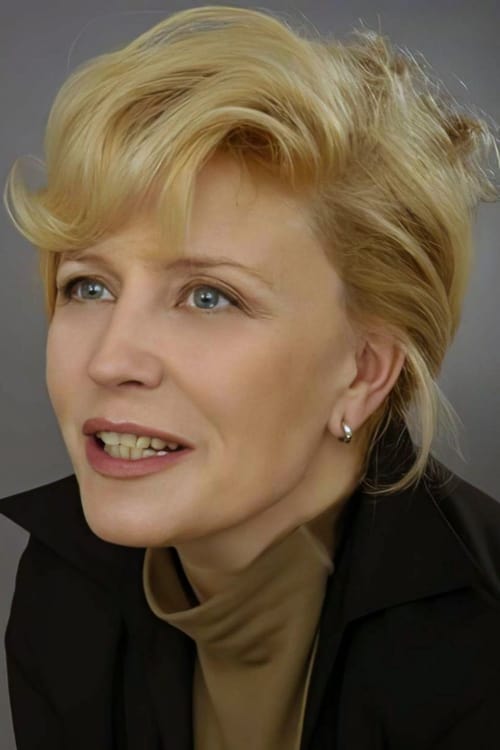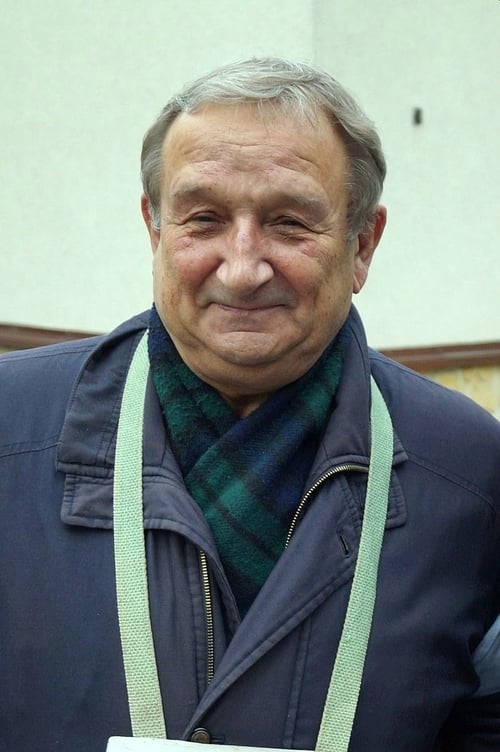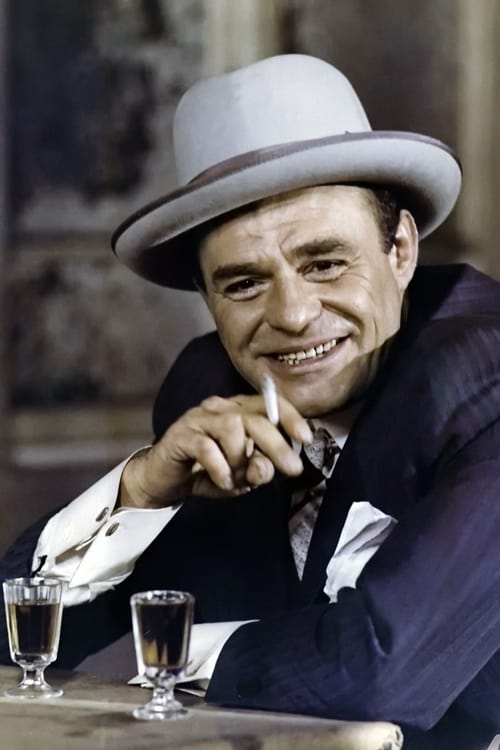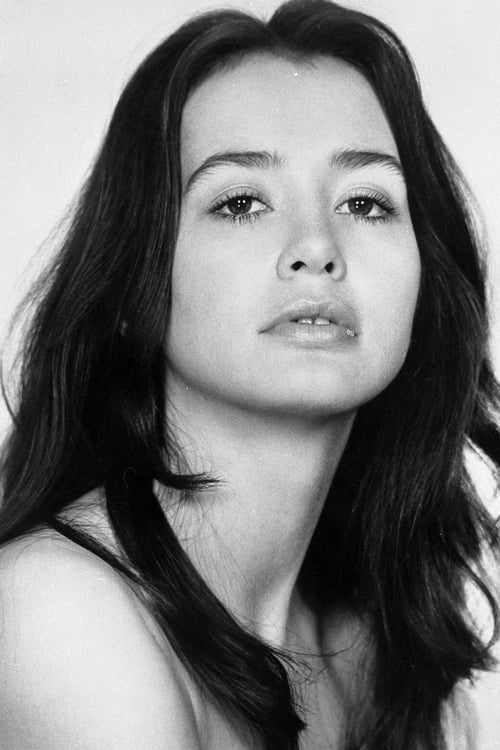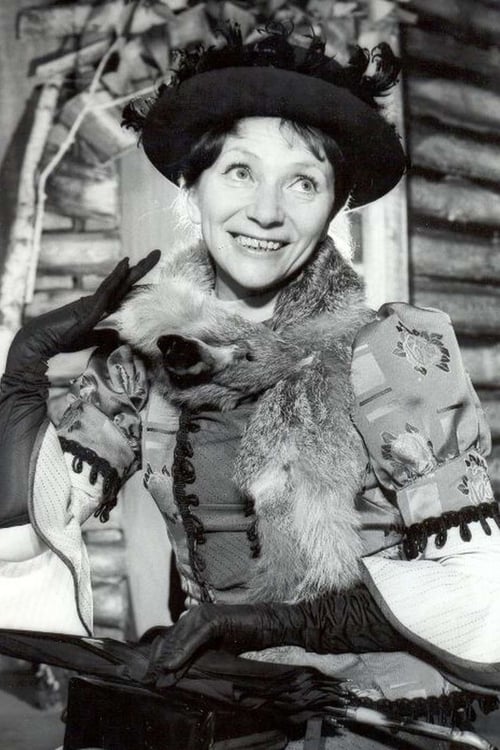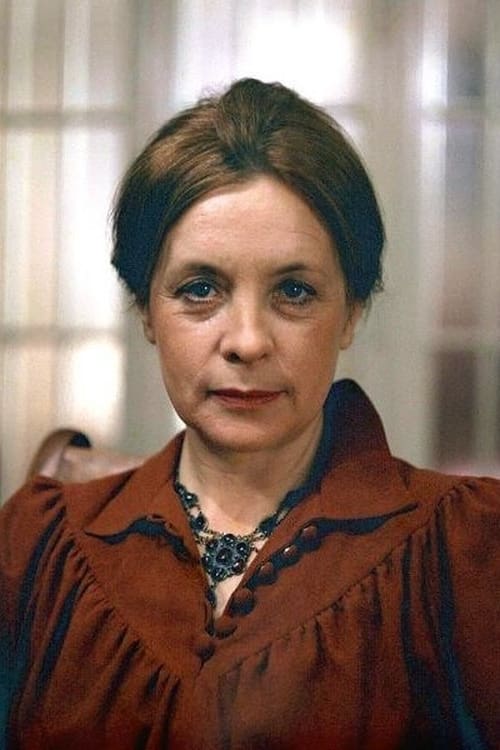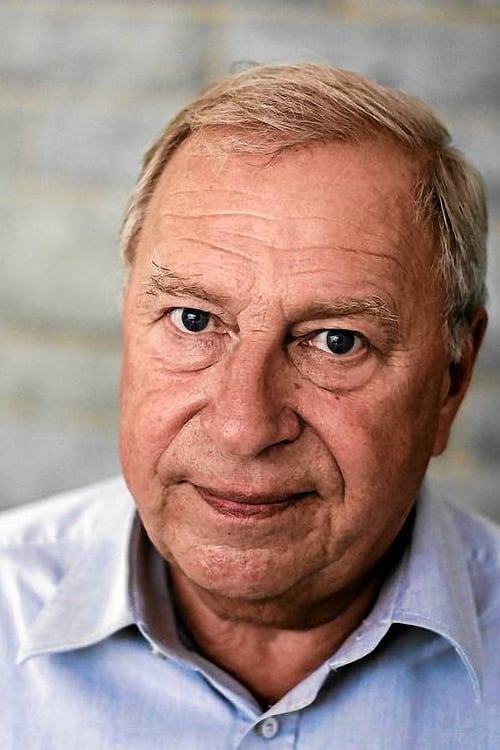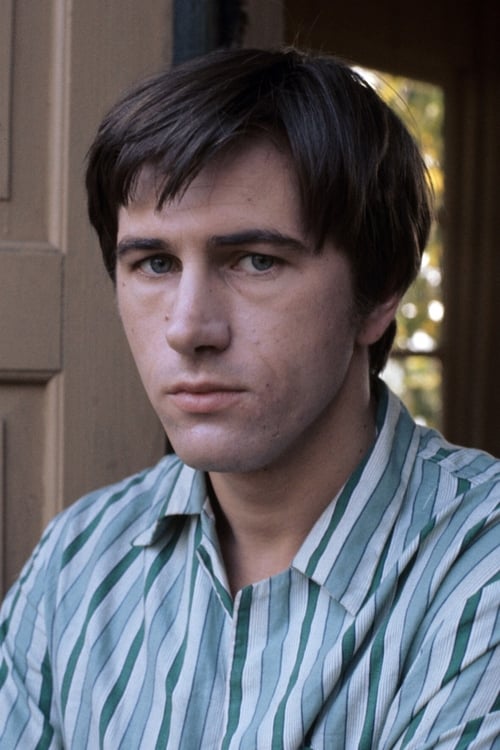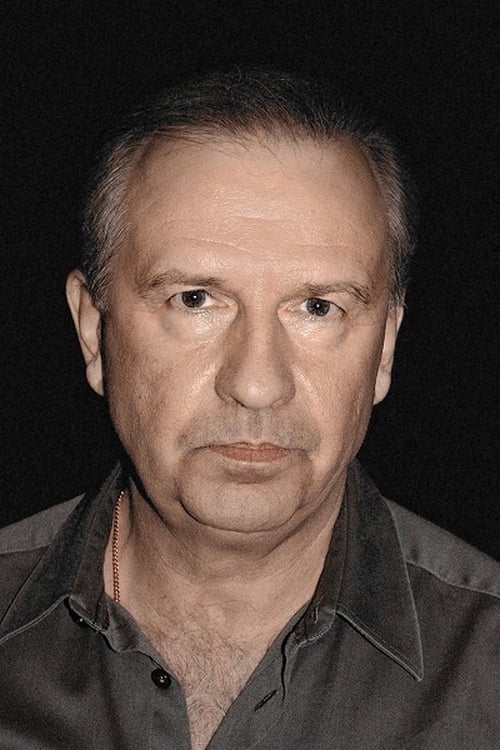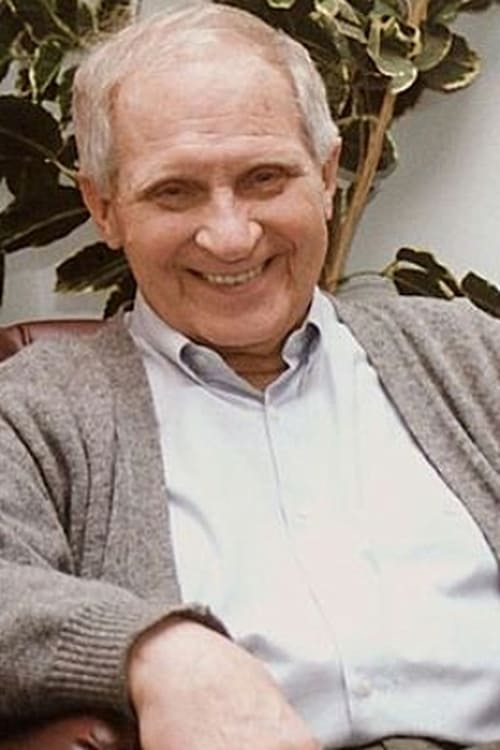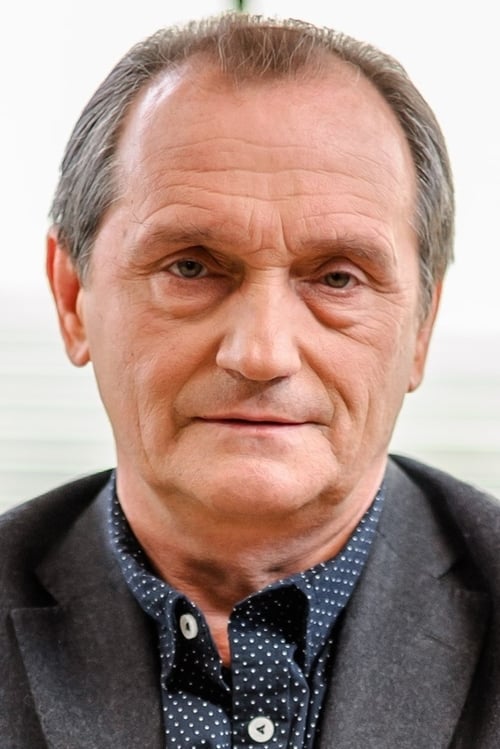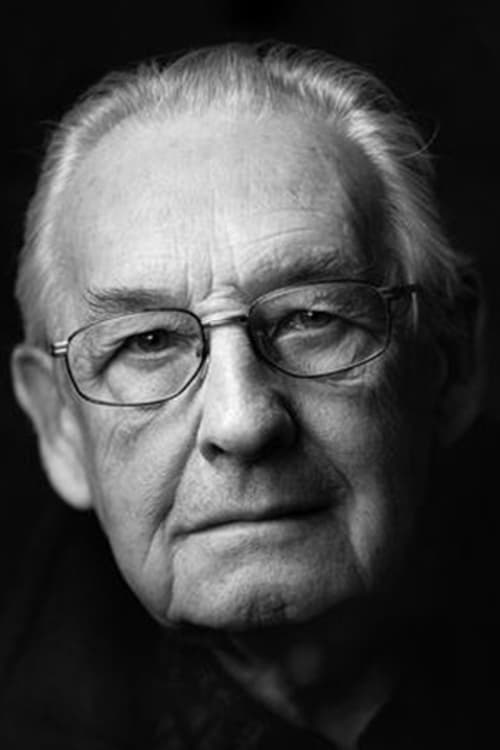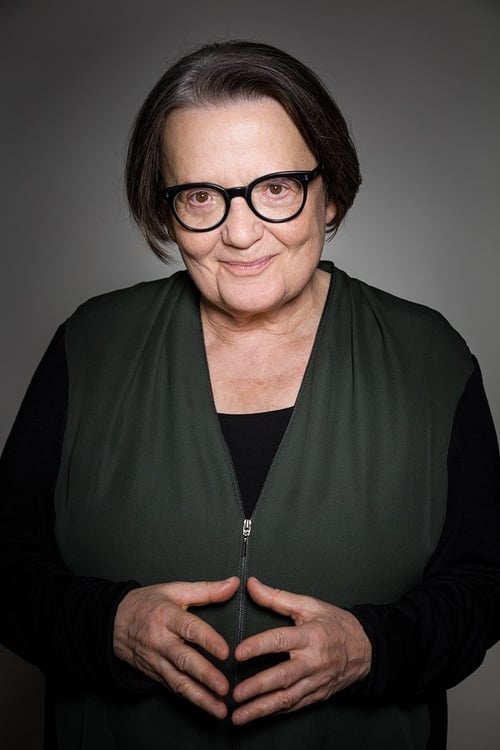Without Anesthesia (1978)
Gênero : Drama
Runtime : 2H 11M
Director : Andrzej Wajda
Escritor : Agnieszka Holland, Andrzej Wajda
Sinopse
A famous Polish journalist presents a problem for the powers-that-be when he displays his full political skill and knowledge on a television show featuring questions and answers on a world conference by a panel of journalists. His enemies take away his privileges when he is away. The shock of being "unwanted" parallels a deeper disappointment in his private life: his wife has an affair with a jealous young rival, and after 15 years of marriage and two daughters wants a divorce. She offers no explanations as he tries to untie these problems himself. All the moves he makes are the wrong ones. He takes on drinking heavily with students eager to attend his seminar after discovering the class has been canceled. The journalist, once suave and commanding is reduced to silence.
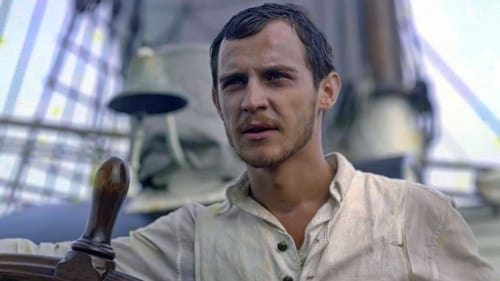
Andrzej Wajda's English-language film of a novella by Józef Teodor Konrad Korzeniowski, aka Joseph Conrad, about a young man in his first command as a sea captain. A series of crises prove incredibly difficult for his new authority, for the sea is curiously becalmed and the crew is weakened by feverish malaria. When the first mate's fear convinces many that the ship is haunted and cursed by the malevolent spirit of the previous captain, the young man must cope with their superstition as well as the conspicuous absence of much-needed medicine.
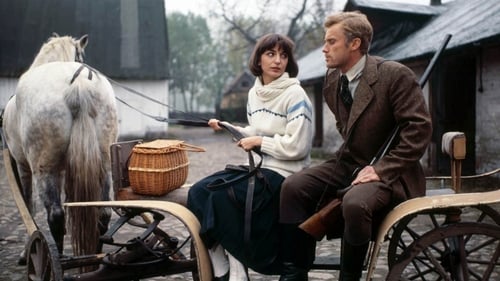
Set in the late '20s. A thirtyish young man, who heads a small factory, faints at the funeral of a close friend. He decides to go home to his aunt and uncle for a while, but gets involved with a family of five women who had been in love with him at one time though he had apparently loved only one, who, unknown to him, has died since his departure. The women are mainly disillusioned with life or estranged from husbands while the youngest has a crush on him.
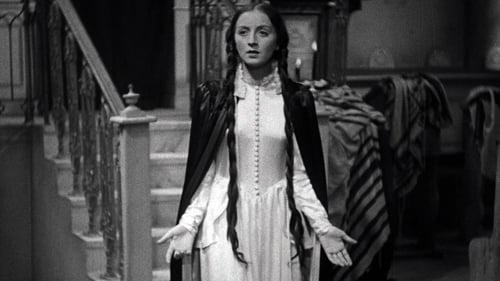
In a Polish shtetl, two young men who have grown up together betrothe their unborn children, ignoring the advice of a mysterious traveler not to pledge the lives of future generations. Soon after, one of them dies, and the wife of the other dies in childbirth. The children grow up in different towns, without ever knowing of the betrothal, but the power of the vow leads them to meet each other when they are marriageable. The young woman, Leah, is promised to another man, but Channon, the son of the father who died, is a practitioner of mysticism, and seeks to win his bride through sorcery.

Rússia, 1870. Um grupo de jovens revolucionários anarquistas se propôs a derrubar o regime czarista através da violência. Seus ataques criam um clima de psicose e desconfiança mútua entre a população, mas na realidade, tanto revolucionários quanto repressores estão sendo manipulados por um indivíduo diabólico.

Farrebique, the first feature-length effort of French documentary filmmaker Georges Rouqier, is widely regarded as his finest film. Rouqier concentrates on a single French farm family, following them through the four seasons. As in the works of Robert Flaherty, the human characters and the land surrounding them are "one", and Rouqier never misses an opportunity to parallel their lives with the eons-old phases of nature. The final symbolic images of Spring, achieved through time-lapse photography, are almost unbearably beautiful. The winner of several festival awards, Farrebique nonetheless did not immediately result in an outpouring of financing for Rouqier's follow-up films (this was a common problem in the financially strapped French film industry of the 1940s). Perhaps as a result, Rouqier did not make his sequel, Biquefarre (filmed in the same region, with some of the same "actors"), until 1983.

The clownish security chief of a West German business is obsessed with protecting his factory from fancied and real breaches, especially from groups such as The Red Army Faction. Ferdinand's paranoia and methods can't be contained by his company. The sympathetically-drawn Ferdinand's ludicrous actions recall those of the cynical, disastrous axis between fascism and big business in 1930's Europe: satire of the rise of private security.
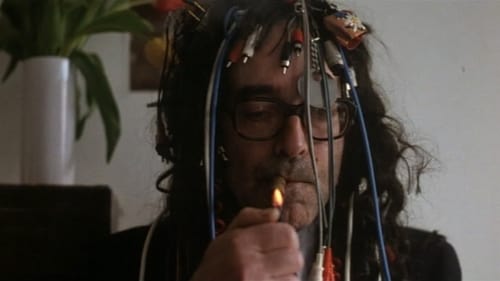
A descendant of Shakespeare tries to restore his plays in a world rebuilding itself after the Chernobyl catastrophe obliterates most of human civilization.

Clemente, a moneylender of few words, is a new hope for Sofía, his single neighbor, devoted to the October worship of Our Lord of the Miracles. They're brought together over a new-born baby, fruit of Clemente's relationship with a prostitute who's nowhere to be found. While Clemente is looking for the girl's mother, Sofía cares for the baby and looks after the moneylender's house. With the arrival of these beings in his life, Clemente has the opportunity to reconsider his emotional relations with people

The life of the great Bolshevik leader before the Russian revolution is chronicled in this bio-pic. Much of the tale centers on his exile in Poland where Lenin becomes friends with two peasants. The little girl has a strong belief in the nationalist cause. Later Lenin hears she was killed for withholding information about him.

Djomeh is a young Afghan man who has come to live in Iran because of family trouble. Working as a milk boy, he encounters discrimination from the Iranian villagers and disdain from Habib, a fellow Afghani to whose trust Djomeh was given. The only person who shows any friendliness to him is his employer, who Djomeh asks to intercede for him in asking a woman from the village for her hand in marriage.

Wlodek is a young man stuck in a dead-end job at the local library who lives with his harridan wife and critical in-laws in a small apartment. When Wlodek draws the interest of a library patron, the beautiful young woman encourages him to strive for better things in his life and professional career. Together, the two take off for a three-day affair, but surprises could await Wlodek upon his return home.

Once again, director Yulia Solnsteva directs a movie that her late husband Alexandre Dovchenko scripted but did not live long enough to shoot. In this wartime drama, the emphasis is on the heroics of both the civilians and the soldiers during times of severe stress in World War II. At the core of the action is one man in particular, whose sacrifices and heroics speak for a much larger group.
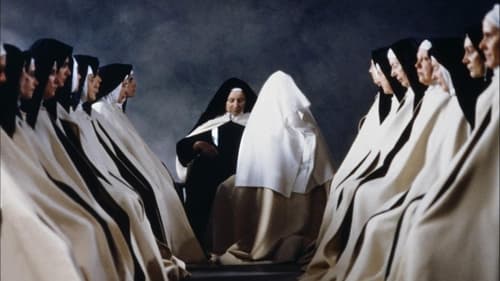
The life of little St. Therese of Lisieux, depicted in minimalist vignettes. Therese and her sisters are all nuns in a Carmelite convent. Her devotion to Jesus and her concept of "the little way" to God are shown clearly, using plain modern language. A sense of angelic simplicity comes across without fancy lights, choirs, or showy miracles.
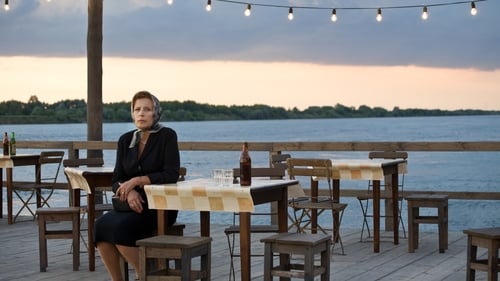
Polônia, final dos anos 50. Uma mulher de meia-idade casada com um médico viciado em trabalho conhece um rapaz que a faz sentir-se jovem novamente. Mas seus encontros inocentes na beira do rio, marcados por um fascínio mútuo, são interrompidos por uma súbita e cruel reviravolta do destino.
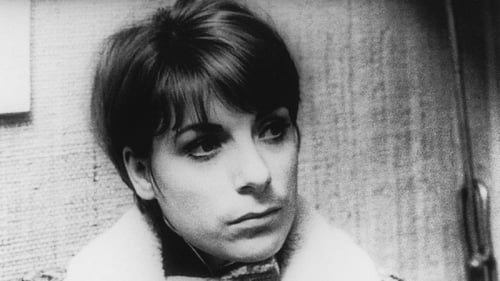
Como seu pai antes dela, a dona de circo Leni Peickert (Hannelore Hoger) também quer levar o desempenho artístico a seu ponto máximo. Ao mesmo tempo, seu ideal é a naturalidade. Ela quer mudar o circo, mas suas inovações levam a empresa à bancarrota. “Se o capitalista faz aquilo de que gosta,/ e não aquilo que lhe traz vantagem,/ Não recebe apoio de ninguém”.
Revigorada, Leni Peickert busca uma segunda chance, agora na televisão comercial

On holiday in Yalta, Muscovite banker Dimitri Gurov contrives to meet a young woman who walks her dog. She’s Anna Sergeyevna, trapped in a loveless marriage to a lackey. He’s unhappy in an arranged marriage. With neither spouse at hand, Dimitri and Anna begin an affair. After a short time, she returns to Saratov, he to Moscow, believing it’s good-by forever. All winter he is miserable, enervated, distracted by tristesse. In desperation, he contrives to go to Saratov, surprising her at a concert. Fearing discovery in her home town, she promises to come to Moscow. Will they cast aside reputation to live together, or will theirs be an affair of infrequent encounters in hotel rooms?

Thatcherism and the Irish troubles provide the backdrop for this study of Mick, a well-meaning youth in Sheffield, who has, unlike Dickens' Pip, no expectations. Mick lives with his parents, works on his motorbike, looks for work, and every two weeks gets his check from the dole. There are no jobs. His best mate Alan joins the army to fix tanks and is sent to Belfast to quell Catholics. At a disco, Mick meets Karen, who works at a shoe shop and lives with her recently-separated mom. Karen misses her dad. She offers Mick emotional stability and a route to adulthood; Alan pitches the army. Does Mick have a future?

Chronicle of a Disappearance unfolds in a series of seemingly unconnected cinematic tableaux, each of them focused on incidents or characters which seldom reappear later in the film. Among the many unrelated scenes, there is a Palestinian actress struggling to find an apartment in West Jerusalem, the owner of the Holy Land souvenir shop preparing merchandise for incoming Japanese tourists, a group of old women gossiping about their relatives, and an Israeli police van which screeches to a halt so several heavily armed soldiers can get off the car and urinate.

19 year old Wojtek lives in a poverty stricken Polish town. He is in love with an older woman, an illegal emigrant from Ukraine. He boxes in illegal matches to get money and is spotted by a man running a security business. Accepting this man's offer means becoming a gangster, but this could allow him to a residence permit for his girlfriend Katya.
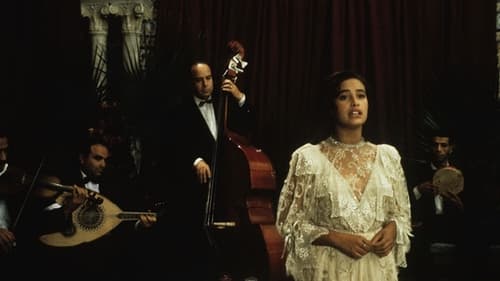
The death of a prince brings a young woman back to the palace where she was born into servitude. The lingering legacy is brought into light from behind frosted windows and velvet curtains.
